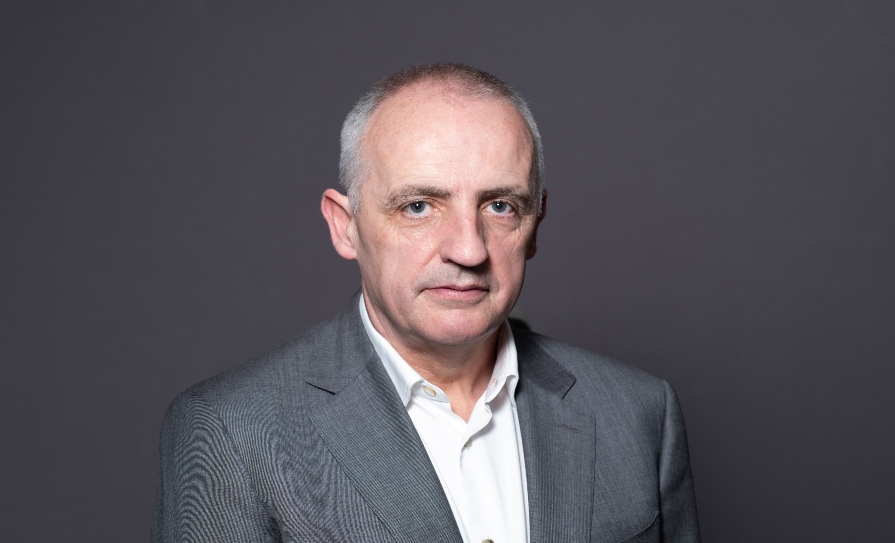The IHCA has called on the Government to commit the estimated €4 billion in capital funding needed to build and open new hospital developments that have previously been announced by the Minister for Health.
In its pre-Budget submission 2024, published today (11 July), the Association said a minimum of 5,000 additional public hospital beds should be funded and opened by the end of 2030 – or 700 extra hospital beds each year for the next seven years.
The Association said this must start with the rapid delivery of the 1,500 acute beds the Minister Stephen Donnelly committed to open across 15 hospital sites in 2023 and 2024 at a cost of €1 billion.
In addition, the IHCA estimates that €3 billion could be required for the four elective hospitals in Cork, Dublin (two sites) and Galway, which are not expected to become operational until 2028 at the earliest, despite being first proposed in Sláintecare in 2017. A further €100-€120 million in capital funding is required for the planned six surgical hubs, the first of which is due to open before the end of this year. The IHCA highlighted that no capital funding has been provided as yet for these developments, which are likely to cost over €4 billion to deliver.
There are almost 900,000 people on some form on National Hospital Treatment Fund waiting list, while a further 250,000 people are waiting for an essential diagnostic scan such as an MRI, CT or ultrasound.
The IHCA stated this means the total number of people now on public hospital waiting lists to over 1.1 million.
In its submission, the IHCA warned an additional 160,000 people are expected to attend emergency departments this year compared with 2019.
A proportion of these are likely to require a follow-up outpatient appointment or inpatient or day-case procedure, the Association outlined.
Consultants
The IHCA also stressed there is also an onus on the Government to ensure that the required funding is included in Budget 2024 to address the ongoing staffing crisis in public hospitals.
This includes filling 930 permanent consultant posts which remain vacant or filled on a temporary basis and appointing 2,000 additional consultants by 2030 – or around an extra 300 consultants annually.
IHCA President, Prof Robert Landers, said: “Successive health budgets have failed to address the root causes of the rationing of care to patients and unacceptable public hospital waiting lists, caused by significant hospital capacity deficits and shortfalls in consultant staffing, both of which are having a detrimental impact on patients and healthcare staff alike.
“As predicted, we are witnessing a significant increase in the number and acuity of patients who may have deferred their care during the pandemic and are now presenting for assessment and treatment, often through emergency departments, resulting in further pressure on already overstretched public hospital facilities and staff.
“The increasing number of emergency admissions is contributing to the cancellation of thousands of hospital procedures every month, pushing waiting lists up even further in a continuing ‘vicious cycle’ in our health service. We are facing the real prospect of 250,000 hospital cancellations and a record 135,000 patients treated on trolleys in 2023 if public hospital capacity is not expanded urgently to match growing patient demand for care.
“It is imperative that the 2024 health budget provides credible, funded, time-bound plans to increase public hospital and mental health service capacity, to ensure timely care for patients and to adequately address the challenges presented by demographic changes, technological requirements, unmet health need, cost increases and other pressures on the system.
“We are urging the Government to increase frontline hospital and community capacity and staffing levels to provide timely hospital care, and transfer medically discharged patients to community step-down facilities and services. Together, the key actions outlined in our pre-Budget submission focus on the development priorities our hospitals need urgent Government commitment and delivery on, so practical, workable solutions are put in place without delay. The health budget must inspire confidence, energy and momentum.
“Obvious and straight-forward solutions like this have been promised for a long time but never delivered on. We cannot afford yet another budget which amounts to more words and inadequate action.”













Leave a Reply
You must be logged in to post a comment.